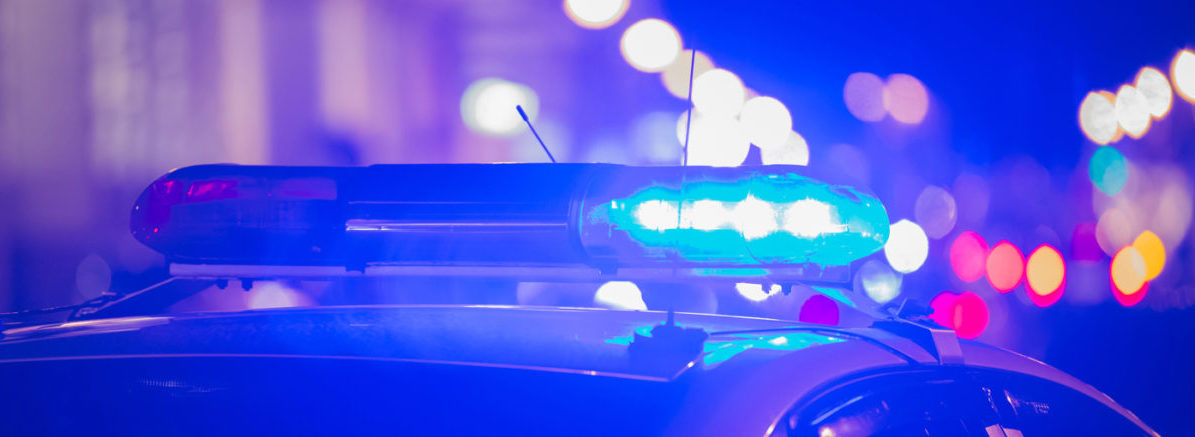A month in, Galveston police mental health unit sees success

A month into its existence, members of Galveston Police Department’s first mental health unit already have received more than 47 calls and helped people most frequently seeking assistance, authorities said.
Compassionate Open Access to Services & Treatment (COAST) launched March 13, Chief Doug Balli said.
The city committed to the mental health unit in early June. Balli focused on the development of the program for more than two years.
It’s way too early to determine the success of the program,” Balli said. “But we’ve had some victories.
“We’ve had incredible success and been able to save some lives. It’s been way beyond time that we start doing what we can to improve the lives of those who have mental health problems.”
At least 20 percent of police calls for service involve mental health or substance use issues, and for many departments, the demand for mental health response teams is growing, according to the American Psychological Association.
Although the unit had an official launch date of March 13, the department had a soft launch on Oct. 1, 2022, Lt. Renaye Ochoa, who oversees the unit, said.
“Our dispatchers were trained to triage mental health calls that were coming into the dispatch center,” Ochoa said. “Up until that point, they didn’t really have the ability to put the folks into direct contact with resources.”
Dispatchers were trained by The Gulf Coast Center, which helped develop questions to determine whether to dispatch a mental health officer, Ochoa said.
The department’s dispatchers also were given the ability to automatically transfer a mental health crisis caller to The Gulf Coast Center hotline, where trained clinicians could step in, Ochoa said.
The story of one resident illustrates a benefit of the new unit, Ochoa said.
That one resident alone accounted for 1.47 percent of the calls dispatch receives annually, Ochoa said.
“That individual didn’t want to deal with anyone but a Galveston police officer,” Ochoa said. “Our dispatch center would receive calls from this individual, and sometimes some of the dispatchers would end up on the phone 45 minutes to an hour with this person.”
On the March 13 launch, that person called for police service, where the team responded, Ochoa said.
“They were able to get the resident to agree to mental health resources and to meet a psychiatrist to get on medication and to accept resources that were being offered,” Ochoa said. “That individual had never accepted any resources in that manner.
“It’s already having a great impact on the community.”
The mental health unit is made up of two teams of three, which include one officer, one fire department member, and a clinician, Sgt. Jovan Harris, one of the officers who participate in the unit, said.
“We knew that we had a vulnerable portion of society we could better serve,” Balli said. “We have three goals: Keep mental health consumers out of jail; keep mental health consumers out of hospital beds, unless they necessarily have to; and reduce our calls for service.”
The problem the police department faced was that it was getting called to mental health issues without the right training, Balli said.
“Police officers are going to get called out to respond to someone in a mental health crisis,” Balli said. “Are police the best-trained people to handle a mental health crisis? We’re not. As police officers, it’s not our focus; our focus is preventing crime and investigating crime.”
Although the unit has had some wins, there still is a long way to go in perfecting the plans for how the unit works, Balli said.

NEWS
Hide Full Index
Show Full Index
View All News